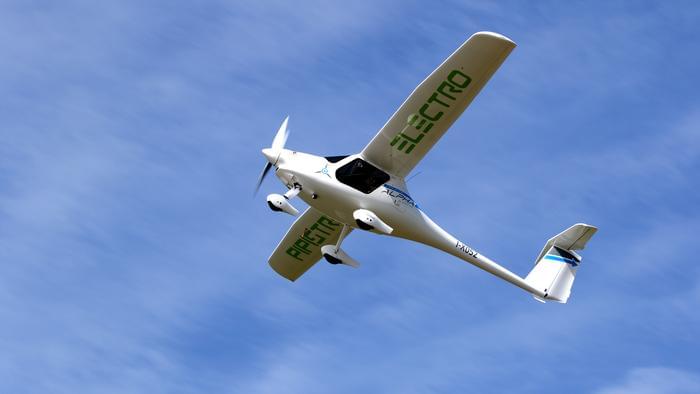“The key take-home from this study is that small electric aircraft can have a notably lower climate impact – up to 60 percent less – and other types of environmental impacts than equivalent fossil-fueled aircraft,” said Dr. Rickard Arvidsson.
In a time when electric cars are increasing in number around the world and contributing to a greener future, can electric aircraft do the same? This is what a recent study published in The International Journal of Life Cycle Assessment hopes to address as a team of researchers from the Chalmers Institute of Technology in Sweden investigated the environmental impact of an electric aircraft versus a fossil fuel-based counterpart. This study holds the potential to help better understand the pros and cons of electric aircraft while underscoring their environmental impact for both the short-and long-term.
For the study the researchers conducted a life cycle assessment of a “Pipistrel Alpha Electro” aircraft and a fossil fuel-based aircraft to determine which was more environmentally friendly. The Alpha Electro’s structure consisted of an approximately 10-meter (33-feet) wingspan and weighs 550 kg (1212 pounds) at full weight. It was powered by a 21 kWh NMC (nickel-manganese cobalt) lithium-ion battery, resulting in a 60 kW engine output. The fossil fuel-based aircraft was comprised of the same structure as the Alpha Electro aside from the gas engine and fuel tank. The goal of the study was to ascertain when the Alpha Electro obtains a “break-even” point with its gas-powered counterpart in terms of the overall environmental impact.
